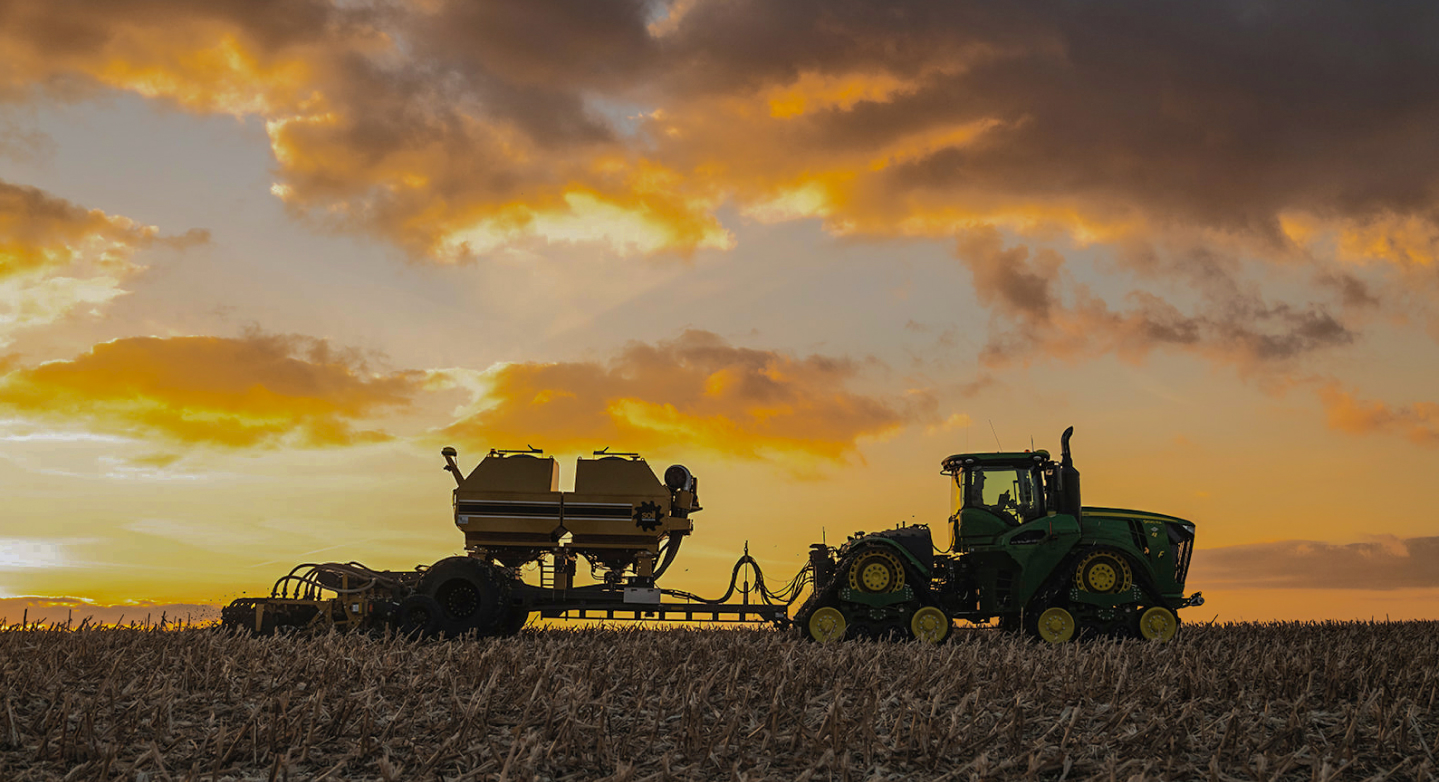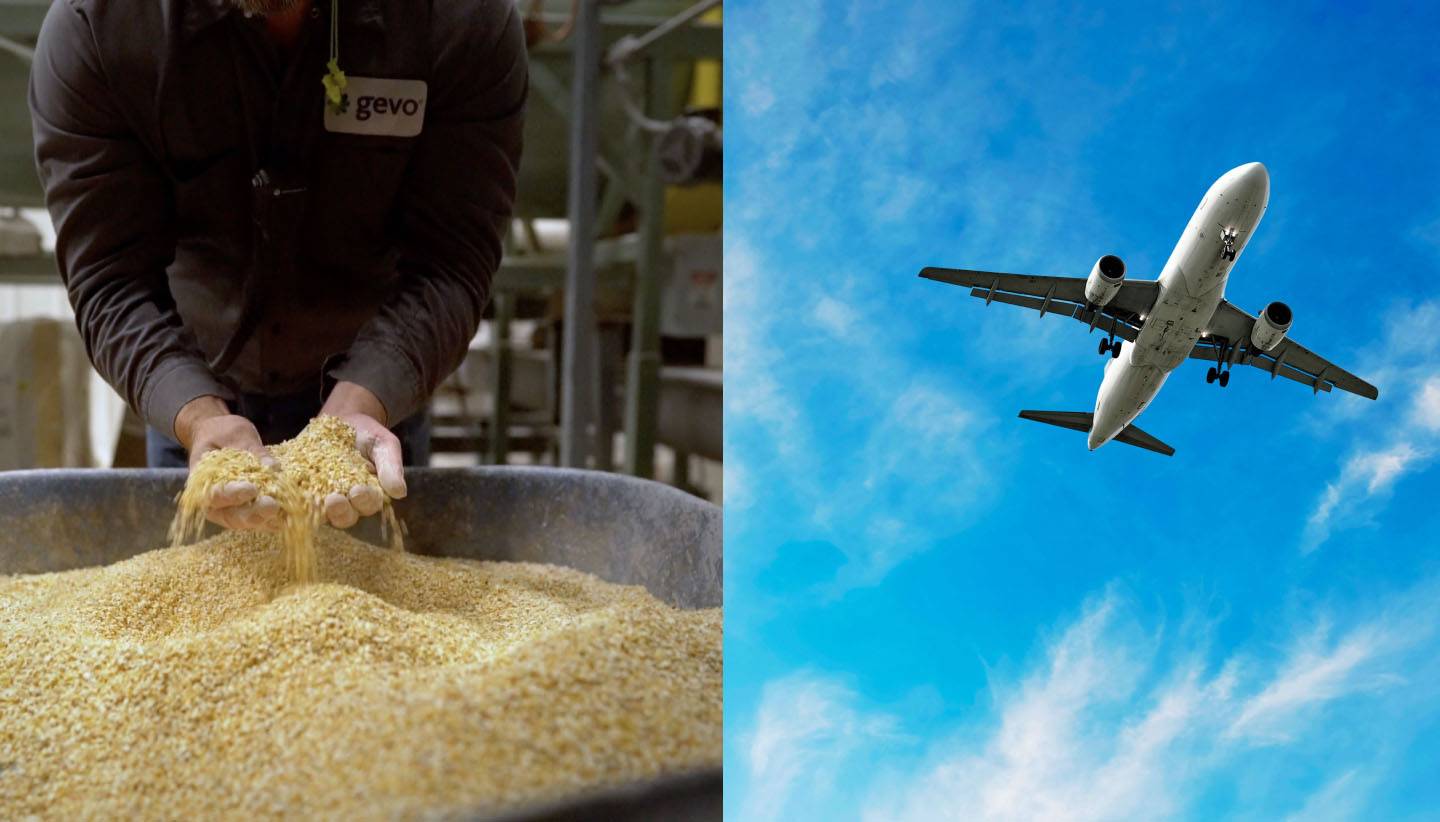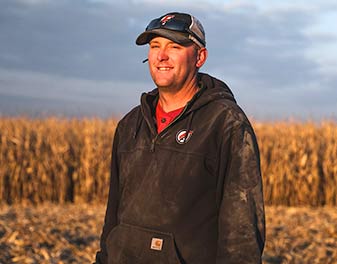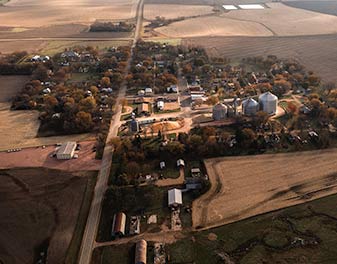Decarbonized
Fuels and Chemicals

PRODUCTS
Our Sustainable Aviation Fuel will be drop-in ready to reduce the carbon intensity of travel.

Building our Business from the Ground Up
By using every renewable resource available as efficiently as we can, Gevo is building a circular economy to power sustainability.

Energy In
Energy Out
Gevo creates protein-rich additions to the food chain and advanced renewable fuels simultaneously, and also powers processes that create additional energy sources, such as renewable natural gas and green hydrogen.

